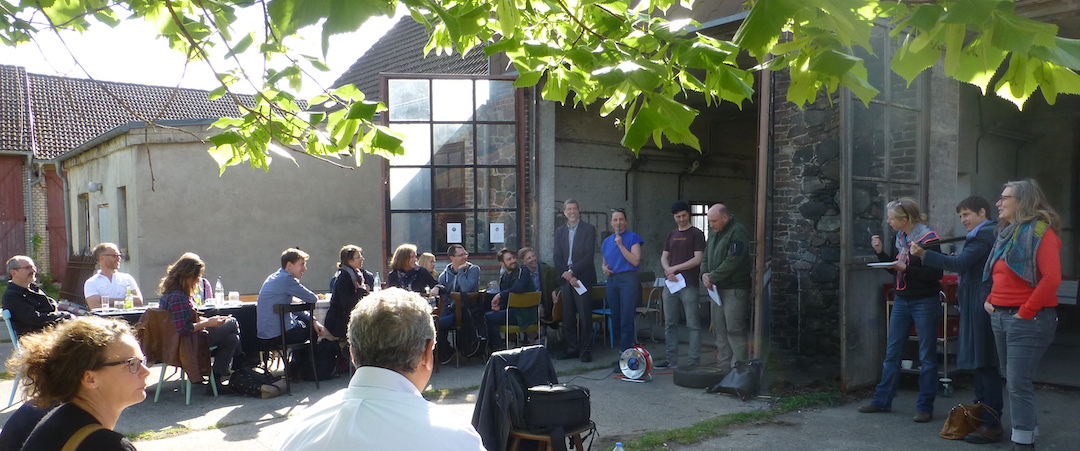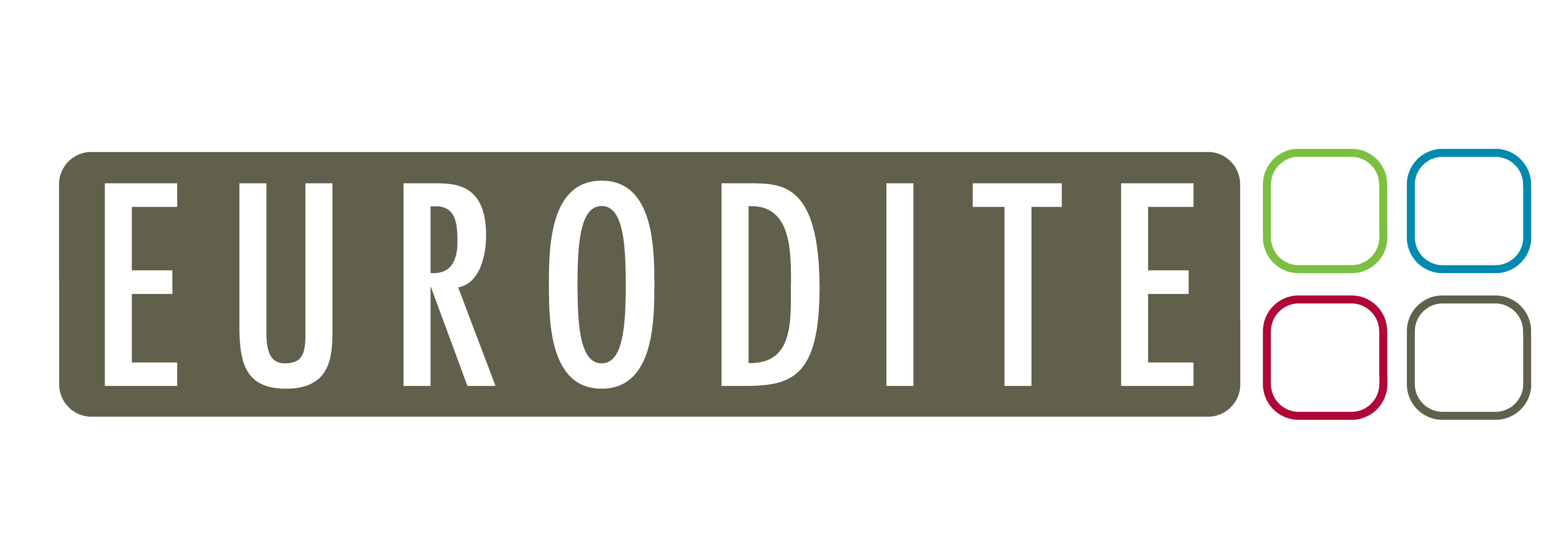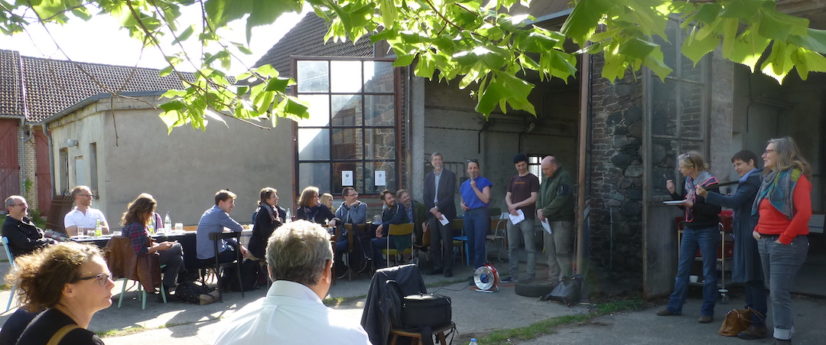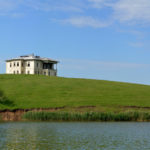
OPEN HERITAGE
Inclusive models for re-use of heritage sites
OpenHeritage promotes the re-use of neglected, non-touristic heritage sites by building heritage communities around them. The project creates sustainable financing, business and governance models to support maintenance of the sites. These models involve new ways of community involvement, emphasize resource integration and embed the re-use in a broader territorial scale.
To achieve this, the project follows several steps.
- First, it surveys current policies of heritage management.
- Second, it analyses good practices on a local level, encompassing 16 cases from around Europe (two cases to be developed and analysed by Eurodite)
- Third, it contrasts the good practices with the heritage policies in each region and provides policy recommendations.
- Fourth, it tests new ideas and methods in six experimental sites (Cooperative Heritage Labs) where it works in close cooperation with various stakeholders. For each site, an online platform is created to facilitate dialogue between policy makers, residents, local entrepreneurs and the interested public. This framework will allow them to maintain the site and to think about its future. The project's aim is to make these ties resilient and enduring beyond the scope of Open Heritage.
- Lastly, the project will build a toolbox to support local communities in similar initiatives across Europe.
Open Heritage is a 4-year research and innovative action, starting in June 2018 and funded by the European Union’s H2020 programme.
Eurodite's main roles in Open Heritage are to support the Cooperative Heritage Labs in the development of a financial plan. Moreover, Eurodite will lead the development of one part of the toolkit regarding the development of innovative & inclusive business models.
Website: www.openheritage.eu
Participating organisations: Metropolitan Research Institute, Eutropian, Universiteit Gent, Newcastle University, Humboldt Universität zu Berlin, Oddział Warszawski Stowarzyszenia Architektów, ICLEI, Eurodite, Stiftung trias, Universita degli Studi Roma Tre, Center for Urban History of East Central Europe, LUISS Libera Universita Internazionale Degli Studi Sociali Guido Carli, Platoniq Sistema Cultural, Central European University, Camara Municipal de Lisboa, Tyne & Wear Building Preservation Trust
Publications & deliverables
Below are some of the Eurodite co-authored publications and deliverables developed within Open Heritage:
How can communities get involved in adaptive reuse. Really involved also in the sense of financing, ownership and equity. A practical guide on building an inclusive business model around your adaptive reuse project.
A typology of national adaptive reuse policies, and underlines the connection between the differences and their embeddedness into the socio-economic and institutional framework of a particular country.
Observatory Cases Report
The collection of 16 Observatory Cases explore existing practices of adaptive heritage re-use.
Eurodite researched cases 8 - Halele Carol, Romania and 15 - Navy Yard, Netherlands


